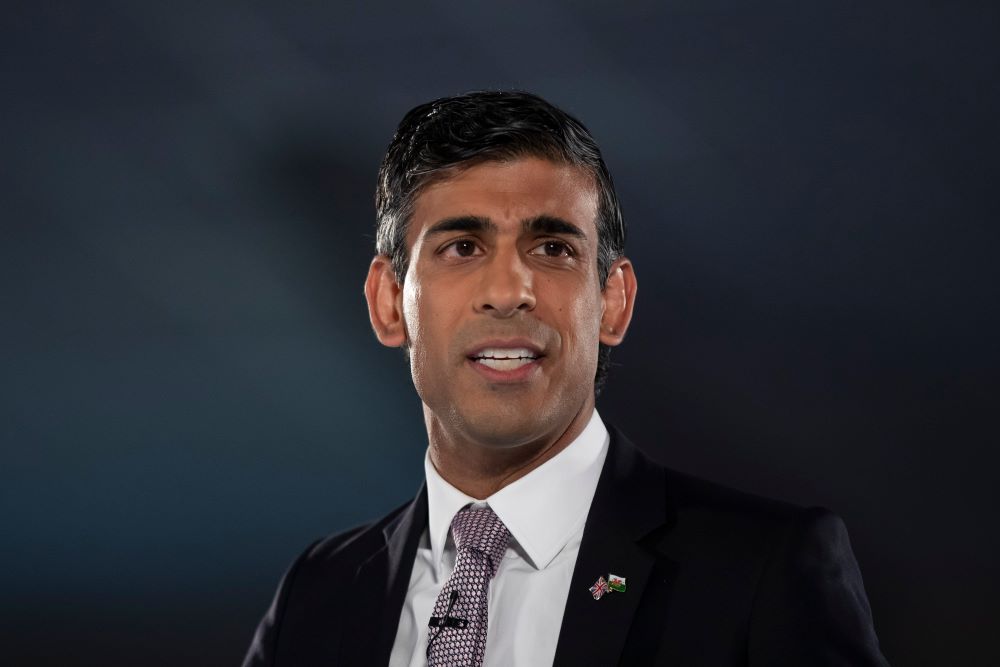
UK Government Announces Petrol and Diesel Ban Delayed to 2035
Prime Minister Rishi Sunak announced the news last night.

UK Prime Minister Rishi Sunak announced yesterday at Downing Street that the proposed ban on diesel and petrol cars will be delayed by five years from 2030 to 2035.
The ban was initially announced in 2020, as a part of Britain’s plans to help tackle climate change. By phasing out petrol and diesel sales, the transition to electric vehicles will accelerate plans to achieve net zero carbon emissions by 2050.
‘If we continue down this path, we would lose the consent of the British people. That’s why we have to do things differently,’ said Sunak, during a speech from Downing Street. ‘And I expect by 2030 the vast majority of cars sold will be electric. Why? Because the costs are reducing, the range is improving, the charging infrastructure is growing.
‘People are choosing electric vehicles to such an extent that we're registering a new one every 60 seconds. But I also think, at least for now, it should be you, the consumer, that makes that choice, not Government forcing you to do it.’
The automotive industry has collectively hit out against the news, with industry professionals calling for ‘clarity and consistency’.
Ian Plummer, commercial director for Auto Trader, said: ‘This U-turn will cause a huge headache for manufacturers, who are crying out for clarity and consistency, and it is hardly going to encourage the vast majority of drivers who are yet to buy an electric car to make the switch.
‘Rather than grasp the challenge and use the tax system to ease concerns over affordability, the Prime Minister has taken the easy option with one eye on polling day.’
Labour have already committed to reintroducing the ban’s original date of 2030, should they win power in the next General Election.
Steve Reed, shadow environment secretary, said: ‘We would keep that at 2030 because that’s what business has been investing for, that’s what business expects, that’s how we can meet net zero.
‘But it’s also how we can lower the fuel costs for households who have cars and need to drive. Rishi Sunak is stuck in the past here.’
According to Zap Maps, leading EV charging network, there are around 850,000 fully electric cars on UK roads as of the end of August of this year. This is up 40% on 2022.
The news comes just shy of a month after London’s Ultra Low Emission Zone (ULEZ) was expanded to cover all London Buroughs.